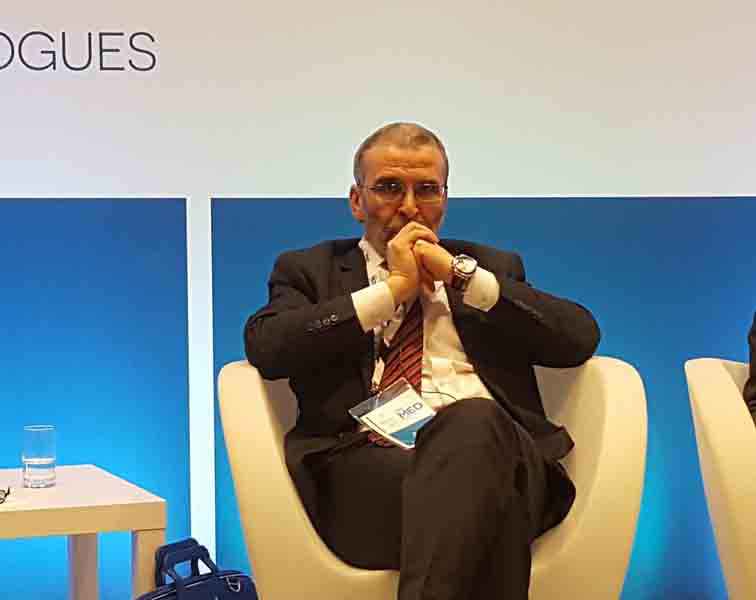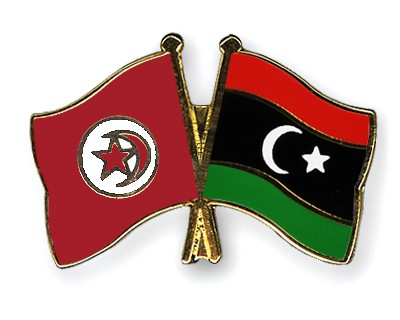Aldabaiba has agreed to the request of his oil minister Mohamed Aoun to replace Mustafa Sanalla as head of the National Oil Corporation (NOC). The news came out of the Cabinet meeting held Thursday in the Western Nefusa Mountain city of Jalu. Video recordings of large parts of the meeting were released to the public – including the excerpt where Aldabaiba agrees to replace Sanalla.
As for Aoun’s request that the new NOC Chairman is not chosen on a geographical or political distribution basis, Aldabaiba said he would not make this the primary criteria but would not discount it.
Aoun complained that Sanalla continues to refuse to release information to the oil ministry. Indeed, Aoun confirmed that Sanalla has instructed the heads of its subsidiaries to not share data with the Oil Ministry.
To this Aldabaiba replied that it is for this reason that he has agreed to replace Sanalla.
The Aoun v Sanalla saga
It will be recalled that Oil Minister Aoun had in August 2021 suspended Sanalla, referred him to administrative investigation and appointed his temporary replacement. Sanalla refused to move, and his replacement refused to take over his position anyway.
In September Prime Minister Aldabaiba held a summit meeting with Aoun and Sanalla after the major public fallout between the two. However, after administering what seemed like a slap on the wrists, Aldabaiba took no further action. Both men kept their posts.
However, in October 2021 Aoun again suspended Sanalla and referred him to administrative investigation.
Analysis
The clashes between NOC chairman Sanalla and Oil Minister Aoun are well documented. The two had a personality clash and a power and turf war as to who has ultimate control over Libya’s oil sector.
Who has control over Libya’s oil sector?
Sanalla insisted that he is a technocrat and that the oil sector should be depoliticised. Aoun insists that as the oil Minister he has overall political control over Libya’s oil strategy and sector.
A test of Aldabaiba’s real power?
The issue will be a test of Tripoli-based Libyan Prime Minister’s real power – domestically and internationally. Can Aldabaiba replace Sanalla at this turbulent time in Libyan politics? Will it add to Libya’s instability? Will such a move lead to the inevitable politicisation of Libya’s oil sector and make it a victim to the constant ebbs and flows of everyday politics?
What will be the international community’s reaction?
It will also be a test of resolve between Aldabaiba and the international community. Many regard Sanalla as protected by the international community. Some go so far as to accuse him of being their ‘‘man’’. The international community will resist his replacement based on keeping the sector neutral. The Libyans will say this is a Libyan internal decision.
Ramifications for the CBL’s El-Kabir
The successful replacement of Sanalla could have ramifications on Central Bank of Libya Governor Saddek El-Kaber. It could set a precedent. The House of Representatives has been attempting to replace El-Kaber for years. The international community have quoted stability and neutrality as the reason for supporting El-Kaber. But if Sanalla is replaced, the HoR could renew its campaign to replace El-Kaber too.
Aldabaiba’s Aoun-Sanalla crisis summit: Kiss and make up or slap on the wrist? (libyaherald.com)
CBL Governor Saddek Elkaber sacked again (libyaherald.com)
HoR sacks Central Bank governor (libyaherald.com)










